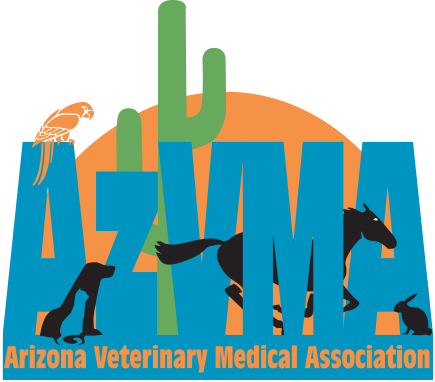To: ALIRT Personnel and Accredited Veterinarians, Laboratory Diagnosticians, Cooperative Extension Agents, and Dairy Industry Stakeholders
Late last week, the Texas Animal Health Commission (TAHC) relayed information to State Animal Health Officials that they were working on investigating a cluster of dairies in the Texas panhandle that were experiencing an abrupt drop in milk production in mature cows, often mid-lactation with animals displaying varying degrees of fever, scant dry or diarrhea-like feces, and pseudomastitic changes to the milk such that it assumes a colostrumlike consistency. Anywhere from 2%-10% of milking cows seem to be affected but interestingly enough, calves and heifers on the same affected farms, do not seem to be susceptible. Thus far, TAHC has been working diligently with producers, the Texas Veterinary Diagnostic Lab (TVDL) and the veterinary consultants servicing these dairies to try and solidify both a case-definition for affected animals and to identify the root cause. As of earlier this week, there were reports of some similar cases affecting some New Mexico dairies adjacent the Texas panhandle and potentially some others in Kansas. It appears some of the affected dairies may be under common ownership or management.
TAHC, TVDL and an Epidemiologic Investigation Team from the United States Department of Agriculture (USDA) are assessing various diagnostic samples, blood work, and other samples such as trace minerals in an effort to cut through the “background noise” in order to arrive at a determination of the underlying etiology of this syndrome.
- To date there have been no reports of any compatible symptoms or cases in Arizona dairies.
- Dairy producers are urged to practice enhanced biosecurity, evaluate established protocols on your operation, and address any gaps or holes that may pose risk to your operation (ie. Personnel or equipment movement on or off farm or shared resources with other farms and employing appropriate sanitation or disinfection protocols, sourcing replacement animals from known, reputable producers with similar biosecurity standards, closely monitoring performance indicators that may be an early alert to a problem, briefing staff and animal caretakers on clinical signs to look for etc.).
The Arizona Department of Agriculture (AZDA) and the Office of the State Veterinarian will continue to monitor the situation closely, decide if or when Arizona importation requirements for dairy cattle may need to be
modified, and will continue to work with dairies, veterinarians, and allied industry professionals as this investigation unfolds. AZDA fully supports and has the utmost confidence in the veterinary professionals and regulatory leadership of the impacted states and can assure all Arizonan’s that confidence in supply chain and end-consumer product safety is of paramount importance and is being prioritized.
Sincerely,
Ryan Wolker DVM, MVetSc, DACVS
State Veterinarian, FADD
Animal Services Division
Arizona Department of Agriculture
